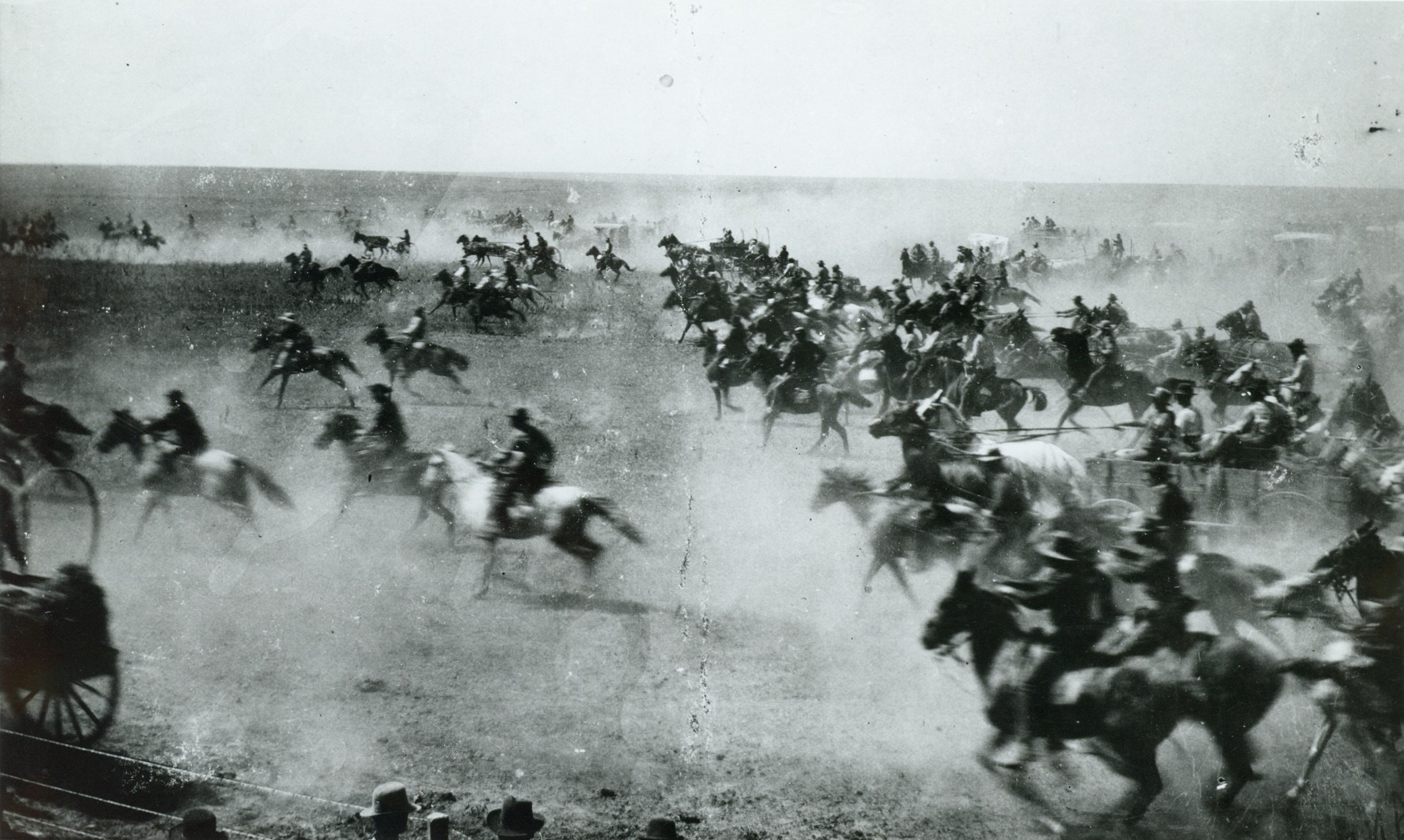A Greenhouse Research Talk by Jacob Tom, University of Stavanger

Board games allow players to witness, experience, and experiment with a variety of historical realities in the comfort of their own homes. Beyond aesthetics and textual aids, the experience of these historical realities is facilitated by a given game’s mechanics. Within the ecological board game genre, an important question is how concepts related to the environment are effectively translated into functioning game mechanics that are both informative and enjoyable. This paper explores the relationality between environmental concepts—namely weathering, crisis, and culpability—and game mechanics through the development of a new historical board game, Land Run: 1893.
Jacob Tom (he/him) is a PhD candidate at the University of Stavanger. His thesis bridges conceptual history and literary studies by investigating the use of moderation as a historical and temporal concept in twentieth-century Norwegian literature. Jacob has also recently stepped into the role of board game designer with a particular focus on environmental and indigenous histories.